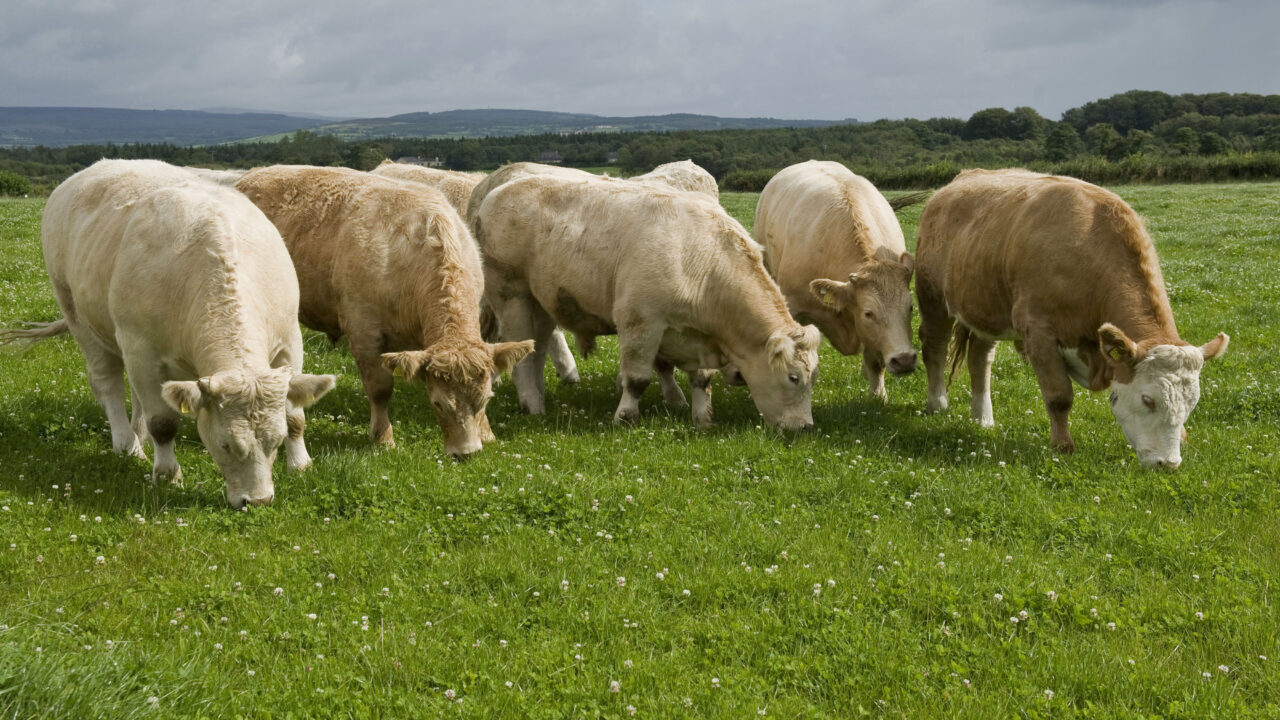Market fundamentals remain very positive for the global beef industry, according to Rabobank’s most recent beef report.
Analysing the report Margaret McCarthy, Amsterdam Office Manager, Bord Bia said: “Firm demand, as well as further tightening supply following adverse weather conditions in North and South America, pushed global beef prices higher in Q1 2014.”
She outlined: “On the demand side, Rabobank suggest that beef demand growth will continue to come mainly from China, although growth is not expected to be as high as the levels reached in 2013. The market opening for Australian chilled fresh beef products is boosting import volumes, accounting for more than 50% of imports in 2013. Reports suggest that the market may open for Brazilian beef over the coming months.”
McCarthy noted: “Prospects for the global beef industry remain positive over the coming months as continuing pressure on beef supplies and tight availability of competing proteins will boost price levels according to Rabobank.”
- US: Volatility was the biggest factor impacting the US cattle market. The exploding hog market due to the rapid spread of PEDv will be the wildcard in the coming months. The shortage in hog slaughter could have a significant impact on total meat supplies strengthening beef demand during the spring grilling season and into summer.
- Australia: Poor climate conditions are keeping slaughter levels historically high with strong international demand supporting record boxed beef exports in Q1. The latest seasonal outlook predicts a drier-than-normal period for Queensland and northern NSW and a continued high flow of cattle to markets is expected.
- Brazil: Expected continued strong demand, both domestic and export, will result in firm cattle prices in Q2 2014 and likely beyond, even in periods of strong supply. Domestic demand is likely to increase on the back of the World Cup and presidential elections, while exports will be driven by the continued depreciation of the US dollar.
- Canada: The long and extreme winter has been taxing, forcing increased feed usage. This escalation, in conjunction with cattle shipments to the US means Canada is rapidly going through their available cattle supply with limited interest in herd expansion.
- Argentina: Exports are expected to remain low as government limitations on export markets continue, with the aim of keeping domestic meat prices low.
